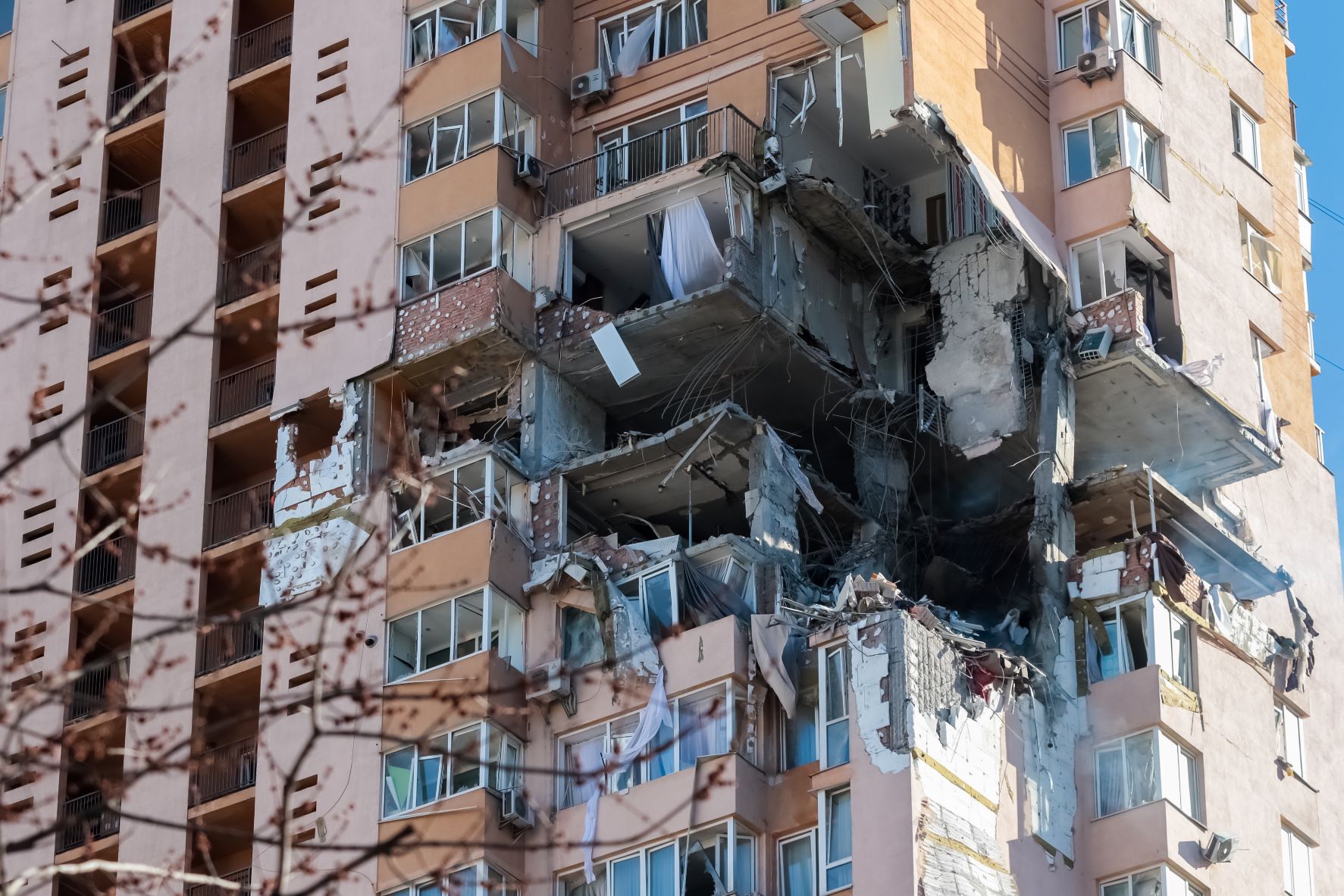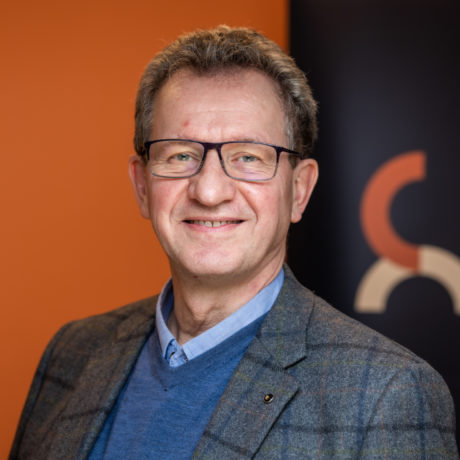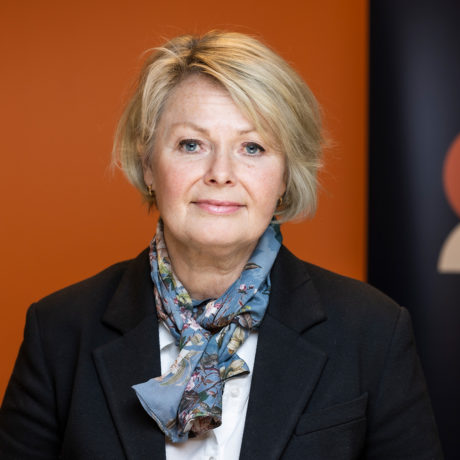After Russia launched its attack on Ukraine a year ago, the country has asked for and gradually received increasingly potent weapons from the West. In addition, Norway and other Western nations provide humanitarian, economic and political support on a scale we have not seen before. “We will stand up for Ukraine as long as necessary”, said Western leaders. “Ukraine is fighting for its existence, but also for a Europe and a world where justice is above brute force.”
Western military contributions have, however, not come without hesitation. Another critical issue where there is still some hesitation is related to the criminal prosecution of all the crimes committed by Russia.
These crimes have two main components.
Russia’s attack is a clear violation of Article 2(4) of the UN Charter and constitutes a core international crime. In the legal settlement after World War II, it was called a “crime against the peace”, as a prominent jurist from the Soviet Union, Aron Tanin had suggested. Today we call it “aggression”, and the International Criminal Court (ICC) can investigate, indict, and try leaders for it. But only under certain conditions. Since Russia is outside the ICC, the court cannot deal with cases of aggression directly, only as the context for the other crimes being committed.
These other crimes are the second main component and can include war crimes, crimes against humanity and genocide. Several actors contribute to documenting them. The Ukraine war will probably be the most thoroughly documented in history. International organizations are doing their part, such as the UN’s independent Commission of Inquiry led by the Norwegian judge Erik Møse. So do a large number of Ukrainian and international non-governmental organizations. The ICC and many European states also participate in the extensive work, although the biggest burden falls on Ukraine’s authorities.
Based on the documentation that exists, there is no doubt that war crimes have been committed on a large scale. The UN commission of inquiry concluded in its first report that “war crimes, violations of human rights and international humanitarian law have been committed in Ukraine since 24 February 2022. Russian armed forces are responsible for the vast majority of the violations identified.”
Several actors claim that crimes against humanity are also committed by Russian forces, i.e., murder, extermination, deportation, and other inhuman acts committed as part of a systematic or widespread attack on the civilian population. The human rights group Human Rights Watch concludes that “Russian forces have committed apparent war crimes and crimes against humanity, including torture, summary executions, and enforced disappearances.”
US Vice President Kamilla Harris has made a similar statement. She told the Security Conference in Munich on 17 February this year that the US had “examined the evidence” and “there is no doubt” that Russia has committed crimes against humanity in Ukraine.
More controversial is the claim that genocide is being committed. Canada’s former Minister of Justice and lawyer for Nelson Mandela, Irwin Cotler, nevertheless argues that Russia violates the UN Convention against Genocide, including by “direct and public incitement to genocide” and by the “planning and execution of mass atrocity crimes”. Together, Russia’s crime of aggression, incitement to genocide, and “the condition of mass atrocity crimes, have created a risk of genocide”. State parties to the Genocide Convention “are under an obligation to prevent and protect, which is a stand-alone obligation that does not await the actual commission of genocide itself.”
Although it will be difficult to arrest those charged with such crimes as long as Putin rules Russia, a good number will likely be convicted. They can be captured on the battlefield and tried in Ukrainian courts. New holders of power in Russia can conceivably want to contribute to prosecutions. International arrest warrants can lead to arrests for many years to come.
This is not where the gap in international law lies. The problem is that no existing court can deal with the attack itself, the “crime of aggression”. At least not when it comes to President Putin, the Prime Minister and the Foreign Minister whom all have “immunity” in national courts. If the ICC had jurisdiction the problem would have been solved. But since the great powers USA, Great Britain and France have ensured that it is a requirement that the attacking state must be a member of the ICC for the court to be able to deal with aggression, and since Russia has veto power in the Security Council, the ICC road is closed.
There is only one way to close the gap: to establish an international special tribunal for Russia’s aggression against Ukraine, as Ukraine has requested. At the same time, a process should be started to change the rules so that the ICC can deal with aggression even if only the attacked state is a member or gives the court jurisdiction.
Germany, France, Britain, the EU, and several other states have now said they support a special tribunal and are working to gather support from other states. Council of Europe and EU parliamentarians have no doubts either, they support the project. International law experts have come up with proposals for how this can be done.
Where does Norway stand? It is in dialogue with other countries, concerned that the special tribunal must have broad international support and that a lack of cooperation from Russia will make it difficult to gather evidence and carry out the punishment.
Admittedly, the difficulties are there, but we want a Norway that signals that this is something it wholeheartedly supports. The difficulties can be solved. With its wide contact networks and credibility as a state abiding with and supportive of international law, Norway can help promote support for the special court among states outside Europe.
The crime of aggression is “the original sin”, the background for all the other crimes. Ukraine is right when they ask that those who ordered the attack be punished.
It will give hope for justice for the many Ukrainian victims. And help to close a gap in international law for the future. We must ensure that it costs more to attack another state and cause as much suffering as in Ukraine.


